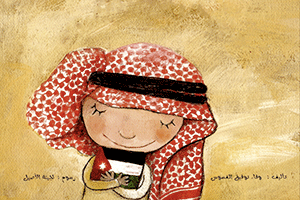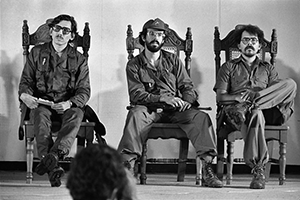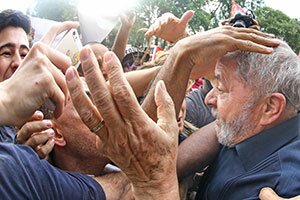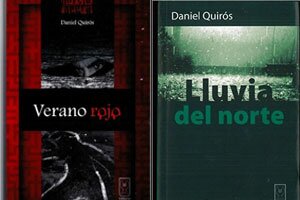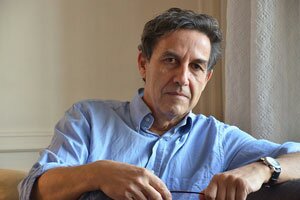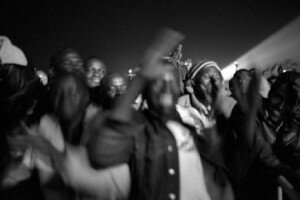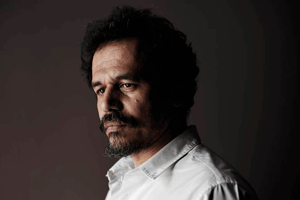
Karim Miske. Photo: Jean-Luc Bertini
Coming of age is a fist in the face for Karim Miske. Filmmaker, detective novelist, son of a Mauritanian diplomat and a French communist mother, Miske both inhabits and illuminates in his work a world of shifting and uncertain French identities. In this excerpt from the first chapter of his memoir, Unbelonging (N’Appartenir), the moment when the fine drapery of a middle class upbringing in Paris began to fray, exposing the rot behind:
In the beginning there is the shame. It circles around inside you, elusive and toxic.




































